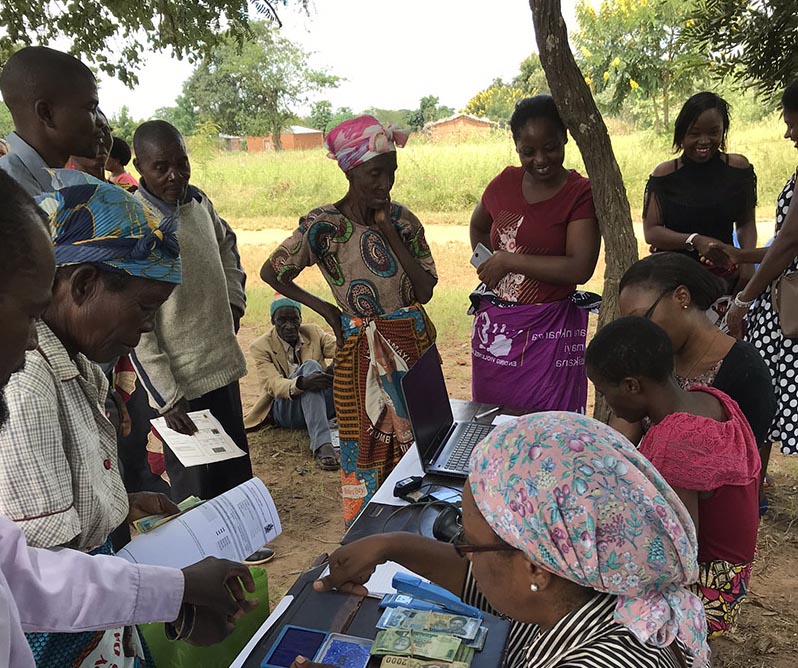Civil society
Relevant players

The “Stiftungsreport” (Foundation report) does a good job of explaining what the Sustainable Development Goals (SDGs) are, that achieving them will require engagement by all different players and that German foundations are prepared to play their part. The authors point out that foundations, as independent players, have comparative advantages:
- They interact freely with partners all over the world and can implement programmes in places where German government agencies cannot become involved for political reasons.
- They can test new approaches and scale up what works out well.
- They promote the involvement, ownership and empowerment of local people.
- Some act as think tanks and provide policy advice.
- Some are impact investors, providing seed capital for new businesses of social relevance.
The report shows that foundations can prove useful partners for civil-society organisations, government agencies, private sector businesses, international organisations et cetera. The problem, however, is that foundations are an extremely diverse category in Germany. Some foundations are actually state agencies in disguise because they were set up by governments or government-run institutions. Examples include Stiftung Entwicklungszusammenarbeit Baden-Württemberg or KfW Stiftung. Other foundations are closely affiliated to political parties, such as the Konrad-Adenauer-Stiftung (Christian Democrats) or the Friedrich-Ebert-Stiftung (Social Democrats).
Yet other foundation have close ties to major private-sector corporations. Siemens Stiftung, for example, was started when its parent multinational was struggling with corruption cases. It serves a PR purpose, though it is more than a mere PR instrument. Robert Bosch Foundation, in contrast, was not started by the car-component maker of the same name – it owns that company. Yet other foundations are standard philanthropic outfits. Karl Kübel Stiftung, for example, was started by a successful entrepreneur close to the end of his career in 1972. Making matters even more complex, big non-governmental agencies like Brot für die Welt (Protestant), Caritas (Catholic) or Welthungerhilfe (secular) have started foundations, inviting private donors to support their work long term.
To understand the full relevance of Germany’s foundations, readers would need to know more about what kind of foundation does what kind of work with what kind of result. Information on what kind of support, especially from governments, foundations get, would be necessary too. The Stiftungsreport shows that these institutions are relevant, but not how much they actually matter.
Link
Stiftungsreport – Entwicklungszusammenarbeit: Wie Stiftungen weltweit wirken (Foundation report – Development cooperation: the global impact of foundations, only available in German).
https://shop.stiftungen.org/stiftungsreport














